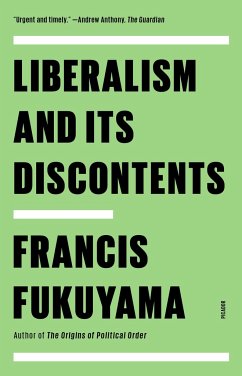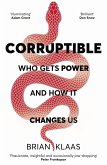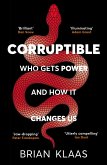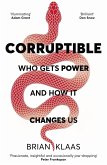A short book about the challenges to liberalism from the right and the left by the bestselling author of The Origins of Political Order Classical liberalism is in a state of crisis. Developed in the wake of Europe's wars over religion and nationalism, liberalism is a system for governing diverse societies that is grounded in fundamental principles of equality and the rule of law. It emphasizes the rights of individuals to pursue their own forms of happiness free from encroachment by government. It's no secret that liberalism hasn't always lived up to its own ideals. In the United States, many have long been denied equality before the law, excluded from the category of full human beings worthy of universal rights. Only recently has this definition expanded to include, to varying degrees, women, African Americans, LGBTQ+ people, and other historically marginalized groups. As the renowned political philosopher Francis Fukuyama shows in Liberalism and Its Discontents, the principles of liberalism have also, in recent decades, been pushed to new extremes by both the right and the left: neoliberals have made a cult of economic freedom, and progressives have focused on identity over human universality as central to their political vision. The result, Fukuyama argues, has been a fracturing of our civil society and increasing peril to our democracy. In this succinct, clear account of our current political discontents, Fukuyama offers an essential defense of a revitalized liberalism for the twenty-first century.
Hinweis: Dieser Artikel kann nur an eine deutsche Lieferadresse ausgeliefert werden.
Hinweis: Dieser Artikel kann nur an eine deutsche Lieferadresse ausgeliefert werden.
Urgent and timely . . . A vital strength of this slim, elegant book is that it is crystalline in its definitions, even while acknowledging the complexities of practice . . . A brilliantly acute summary of the way some aspects of liberal thought have consumed themselves Andrew Anthony Guardian









